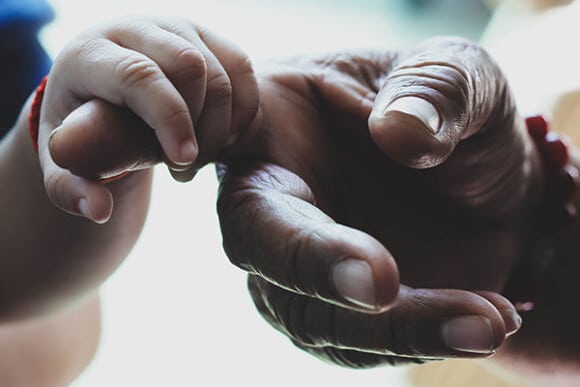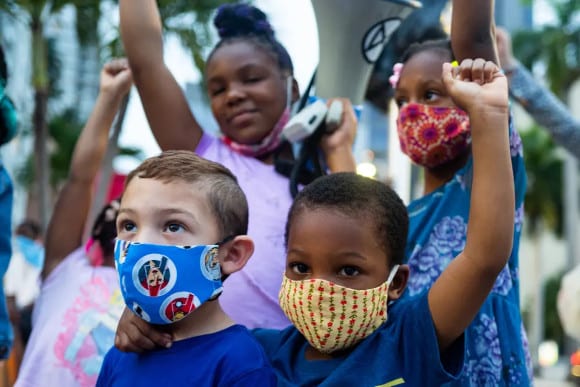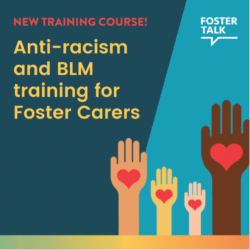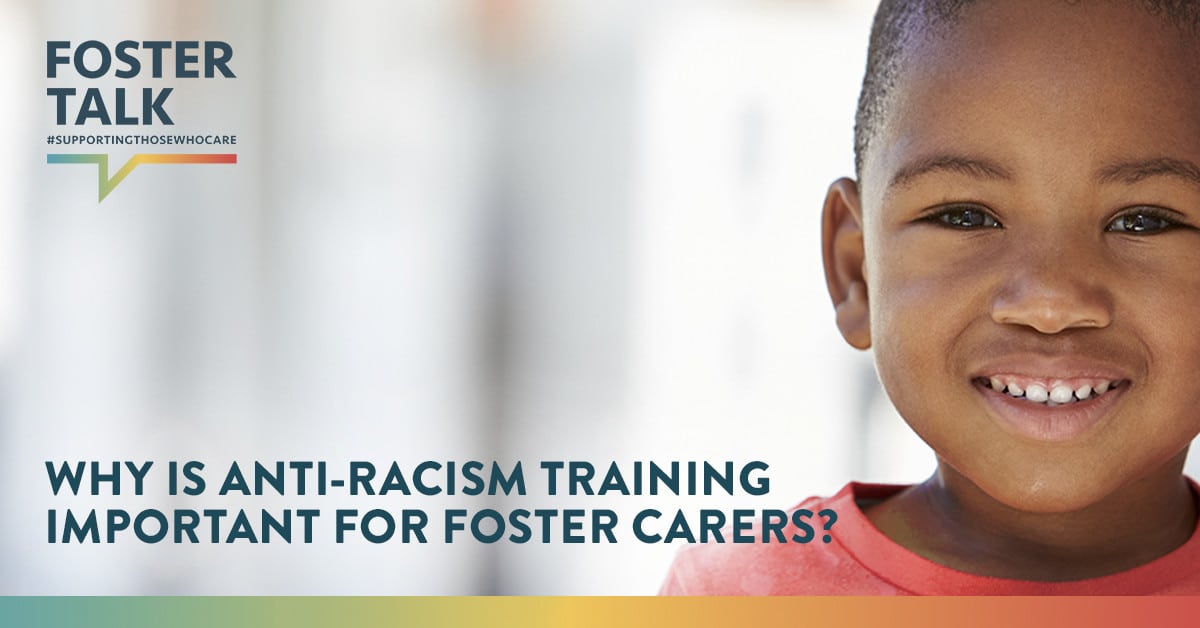In 2006 my wife and I became foster carers. After months of meetings, training, and careful consideration we began receiving children into our care. Both my wife and I had worked within the childcare sector before as well as having two children of our own already, but we felt that we not only had the capacity to look after another precious little one, but we also had more than enough love to go around too.
So, one day while I was busy at work my phone rings. I answer it to find my rather incoherent wife talking excitedly on the other end of the line. Through the garbled messages, she delivered I managed to make out a few words, ‘BABY, AFTERNOON, HOME, NOW.’
I headed home immediately. It’s so weird knowing that you are about to welcome a child into your life but you have not had the 9 months to build up a relationship or expectation or even fears and anxieties. I remember walking into our sitting room and my wife handing me this small bundle. So small that I didn’t even hold it in two hands. I peeled back the blanket slightly to get a look at the whippersnapper’s face and to my surprise, a little white boy starred right back at me.

It was at that moment that I realised; I had never really considered the fact that the child who would come to live with us could be of a different ethnic background. Sure, some of the foster care training team would have mentioned it, but I had really held onto the part where they said that they would try to match cultures and heritage where possible.
My wife interjected, ‘He’s beautiful, isn’t he?’,’ Yes’, I replied. Although the social workers informed me that he was in fact dual heritage it didn’t change the fact that the little boy I held in my hand was different from everybody who currently lived in our household. Eventually, we moved from being foster parents to adopting that very first little baby boy. And over the years there were so many questions that we as a family needed to ask ourselves.
Things will be so different for this little one when he grows up. He might be dual heritage but he’s very light in skin tone which means he will be treated differently by society when engaging with Police, Schoolteachers, and the rest of the world.
“REGARDLESS OF WHAT YOU THINK OF BLACK HISTORY MONTH, IT CAN BE USED AS A LAUNCHPAD TO FACILITATE A CHANGE IN IMPRESSIONABLE, YOUNG MINDS.”
In our house we teach real Black history which also means we teach real European history as it is key to helping all our children develop a true sense of the world, they live in. Regardless of what you think of Black history month, it can be used as a launchpad to facilitate a change in impressionable, young minds. Why is that important? you may ask.
The world we live in is seen through different and ever-changing lenses. In the world we live in it is becoming increasingly more necessary to understand the various cultural nuances that exist in communities containing people of colour.
So as a busy foster carer dealing with unannounced visits, reviews, connect groups and social worker visits how will it help me as a foster parent if I attend Anti-Racism training with AboutFace?
> Getting comfortable with uncomfortable conversations.
In a world where everyone has a smartphone and is connected by social media everyone is a potential reporter. Workplaces and school playgrounds the length and breadth of the country are now able to view video footage of racially motivated social injustice such as the murder of George Floyd or read about the police brutality that led to the death of former Aston Villa striker Dalian Atkinson. Knowing how to respond to the feelings that are brought on by seeing these types of disturbing images is paramount to your development as a foster carer.

There is a myth that is often unspoken but is part of an opinion held by many. That myth is that the only people who should fight racism are people of colour and the only people who need to be educated about the effects of racism are white. This could not be more wrong! In today’s society, it has become increasingly evident that all people of all ages need to learn about the wrongs of the past and how they have shaped the present. It is vital that this is done in the most skilled and sensitive way that focuses on empathy, understanding, and developing unifying solutions as a group.
> Being at the forefront of change.
Throughout history, there have been many heroes and heroines of social justice. While there have been icons and champions from Darcus Howe to Jane Elliott, From David Lammy to Tony Ben, the most important factor in forcing social change is the people. And those who work to protect society’s most vulnerable people are the ones who are rightly given the chance to write their name in the history books for all the right reasons. Be the change you want to see in the world. This is your chance.
Anti-racism practice is far more than simply not being racist. To be an anti-racist is to open up your mind to so much more possibilities. An anti-racism lifestyle provides a wider variety of life experiences that will help you to break down barriers, challenge bias, and enhance relationships all around you.
You are awesome and you deserve this training!
See you there.
Cliff Faulder – AboutFace CEO

OUR NEXT COURSE WILL BE RUNNING ON 22ND NOVEMBER.
email training@fostertalk.org to book your place.

